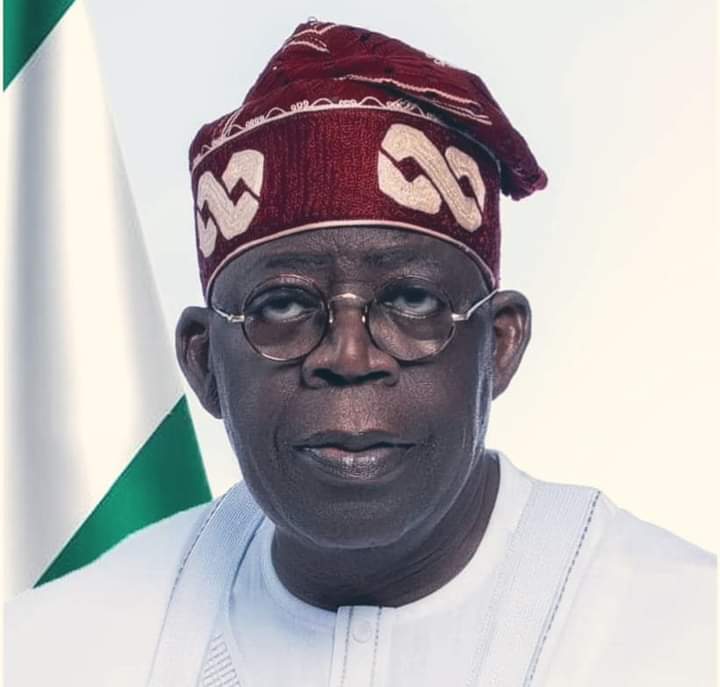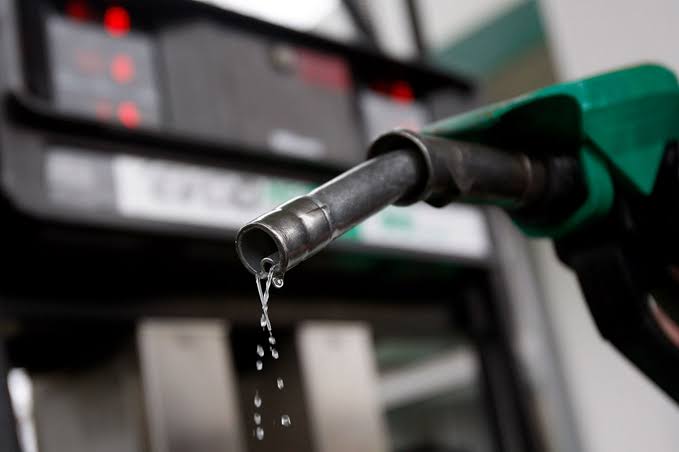President Bola Ahmed Tinubu is being sued by the Socio-Economic Rights and Accountability Project (SERAP) for “failing to investigate the allegations that $2.1 billion and N3.1 trillion in public funds from oil revenues and budgeted as fuel subsidy payments are missing and unaccounted for between 2016 and 2019.”

Kolawole Oluwadare, the deputy director of SERAP, said in a statement on Sunday that the lawsuit was brought in response to the dire claims that the public funds are disappearing, which were corroborated by the Auditor-General of the Federation in the 2016 and 2019 annual reports.

In order to direct and compel President Tinubu to swiftly investigate claims that USD $2.1 billion and N3.1 trillion in public funds are missing and unaccounted for between 2016 and 2019, SERAP is requesting “an order of mandamus.”
The group also requests “an order of mandamus to compel President Tinubu to direct the anti-corruption agencies to promptly investigate fuel subsidy payments made by governments since the return of democracy in 1999, name and shame and prosecute suspected perpetrators, and to recover any proceeds of crimes” in the lawsuit FHC/L/CS/1107/23, which was filed last Friday at the Federal High Court in Lagos.
READ ALSO: Questions Government Must Answer About Subsidy Removal
Additionally, it requests that the court order President Tinubu to implement procedures for accountability and transparency in the oil industry, as well as to use any recovered proceeds of crime as palliatives to mitigate the impact of the elimination of subsidies on poor Nigerians.
The right of Nigerians to restitution, compensation, and a guarantee of non-repetition would be advanced, claims SERAP, if President Tinubu were ordered and required to immediately investigate, identify, and bring to justice the culprits as well as collect any lost public funds.
The allegations that US$2.1 billion and N3.1 trillion of public funds are missing and unaccounted amount to a fundamental breach of national anticorruption laws and the country’s international obligations including under the UN Convention against Corruption to which Nigeria is a state party,” the statement read.
“The Tinubu government has constitutional and international legal obligations to get to the bottom of these allegations and ensure accountability for these serious crimes against the Nigerian people.”
“Allegations of corruption in fuel subsidy payments suggest that the poor have rarely benefited from the use and management of the payments,” the group stated.




















